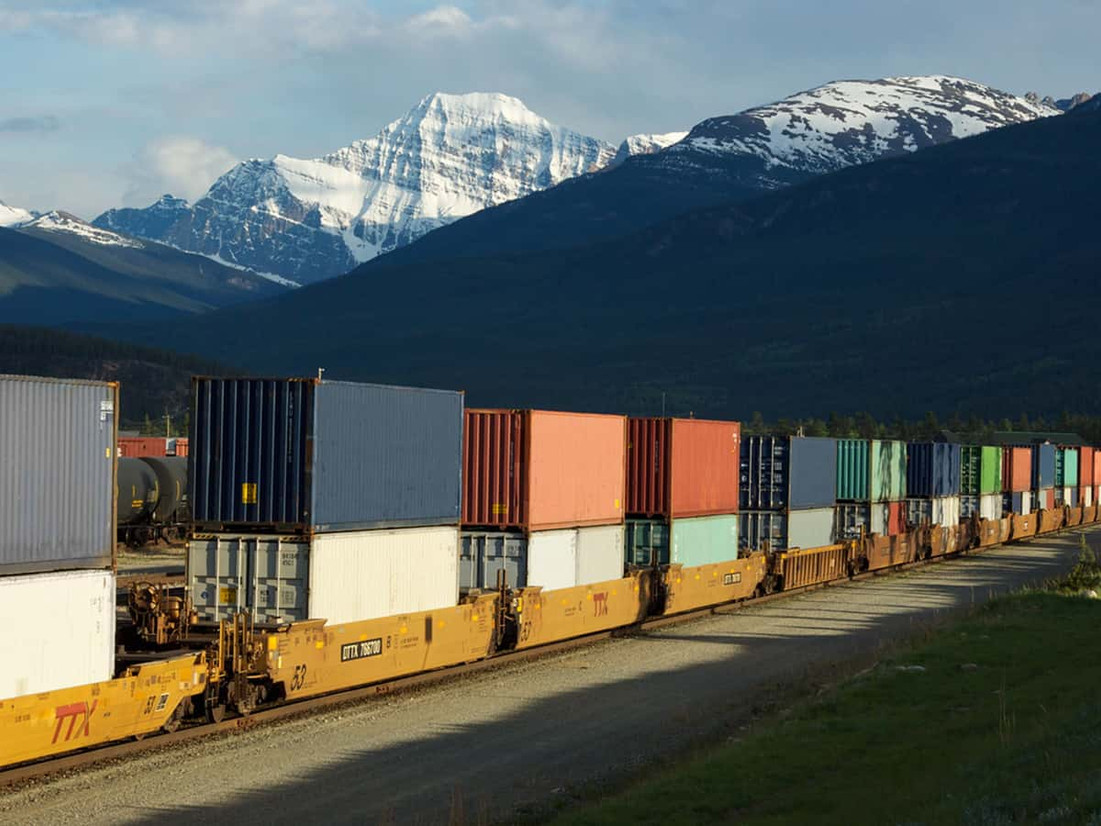Optimizing Freight Transportation: The Benefits and Mechanics of Railcar Pooling.
Railcar pooling, also known as railcar sharing or railcar leasing, is a system in the transportation industry where multiple companies or organizations share the use of railcars to transport their goods or products. It is a cost-effective and efficient way to utilize railcar resources and optimize freight transportation.
Here's how railcar pooling typically works:
Pool Management:
A central entity, such as a railcar pooling company or a third-party logistics provider, manages the pooling arrangement. They oversee the coordination, administration, and logistics involved in the process.
Participant Enrollment:
Companies interested in participating in the railcar pooling program enroll and provide information about their transportation needs. This includes details about the type and volume of goods they intend to ship, origin and destination locations, and preferred transit times.
Pooling Agreement:
Participants enter into a pooling agreement that outlines the terms and conditions of the arrangement. This agreement typically covers aspects such as usage rights, maintenance responsibilities, pricing, and liability.
Railcar Availability:
The pool manager maintains a fleet of railcars that are available for use by the participating companies. The fleet can consist of various types of railcars, such as boxcars, tank cars, hopper cars, or flatcars, depending on the specific needs of the participants.
Allocation and Scheduling:
Based on the participants' transportation requirements, the pool manager allocates the appropriate railcars for each shipment. They schedule the usage of railcars, taking into account factors like loading and unloading times, transit routes, and other logistical considerations.
Tracking and Monitoring:
Throughout the transportation process, the pool manager tracks the movement of railcars and monitors their status. This allows them to provide real-time updates to the participants and ensures efficient coordination of resources.
Maintenance and Repairs:
The pool manager is responsible for maintaining the railcars in proper working condition. They handle routine maintenance tasks, inspections, and necessary repairs to ensure the railcars remain safe and functional.
Cost Sharing:
Participants share the costs associated with the railcar pooling program. This includes expenses related to railcar usage, maintenance, repairs, and other administrative fees. The cost-sharing model is typically based on factors such as the distance traveled, the duration of usage, or the weight of the cargo.
By sharing the use of railcars, companies involved in railcar pooling benefit from reduced costs, improved resource utilization, and increased efficiency in their transportation operations. It allows them to leverage shared infrastructure and avoid the need to invest in an extensive railcar fleet of their own, which can be capital-intensive and logistically challenging.
Recent Posts
-
Metal vs Plastic Wheelsets: Pros, Cons, and How to Choose the Right Upgrade for Your Model Railroad
Metal vs Plastic Wheelsets: Pros, Cons, and How to Choose the Right Upgrade for Your Model Railroad
-
Weathering Rolling Stock for Realism: Practical Model Train Weathering Techniques That Look Like the Prototype
Weathering Rolling Stock for Realism: Practical Model Train Weathering Techniques That Look Like the
-
Understanding Model Train Wheel Sizes: Why They Matter More Than You Think
When people first get into model railroading, wheel size is rarely top of mind. Track plans




